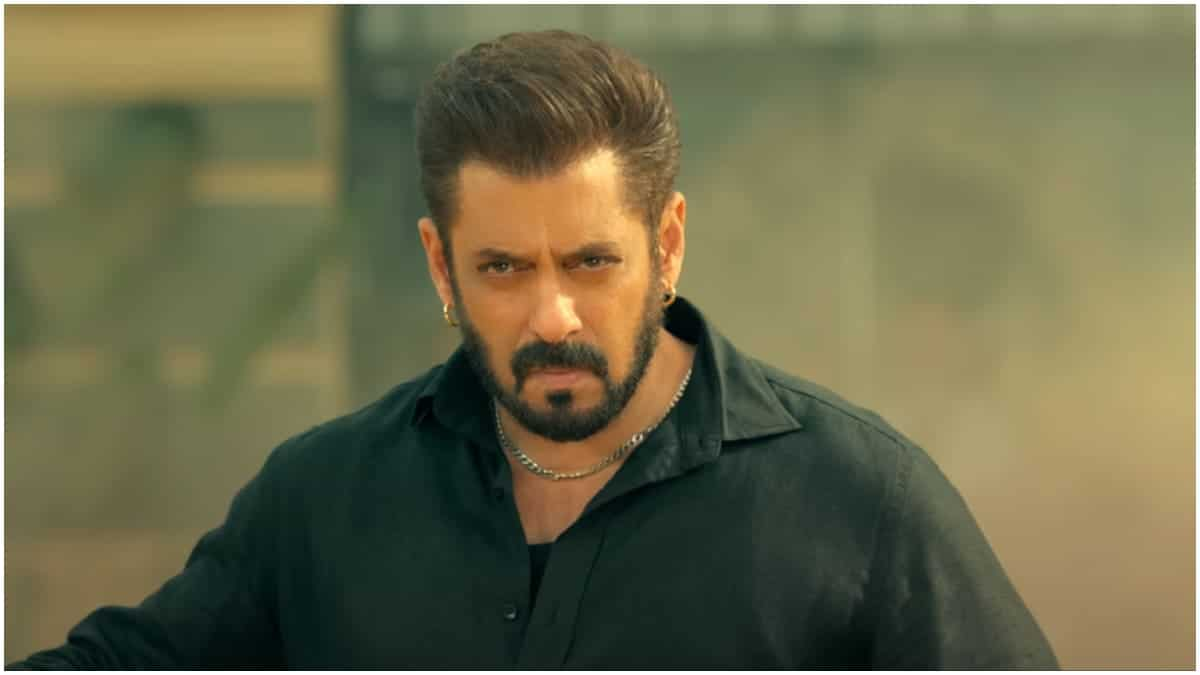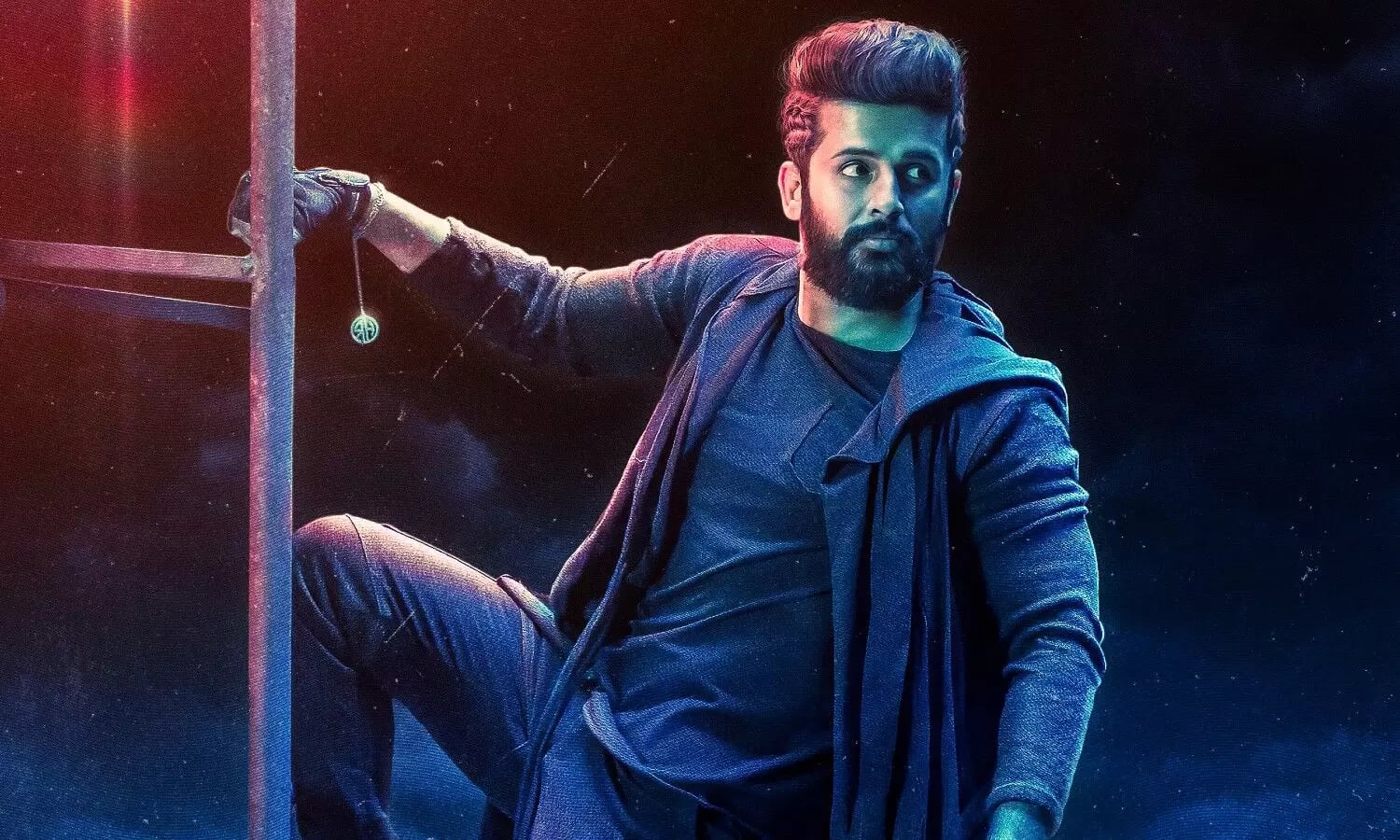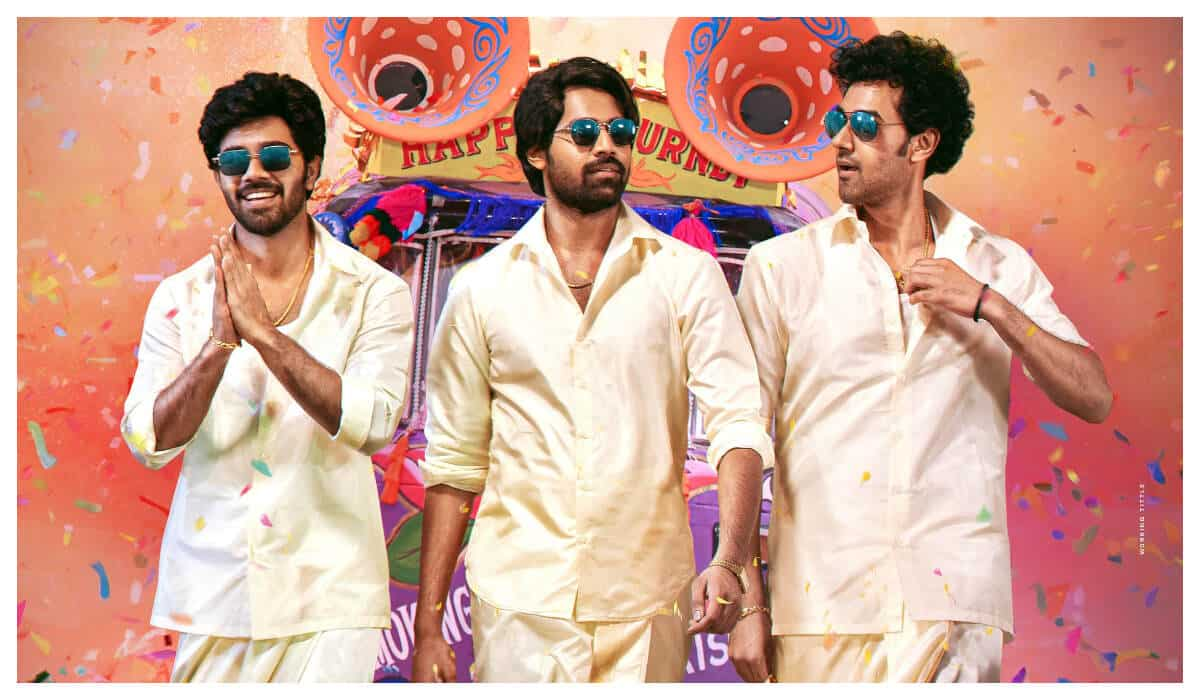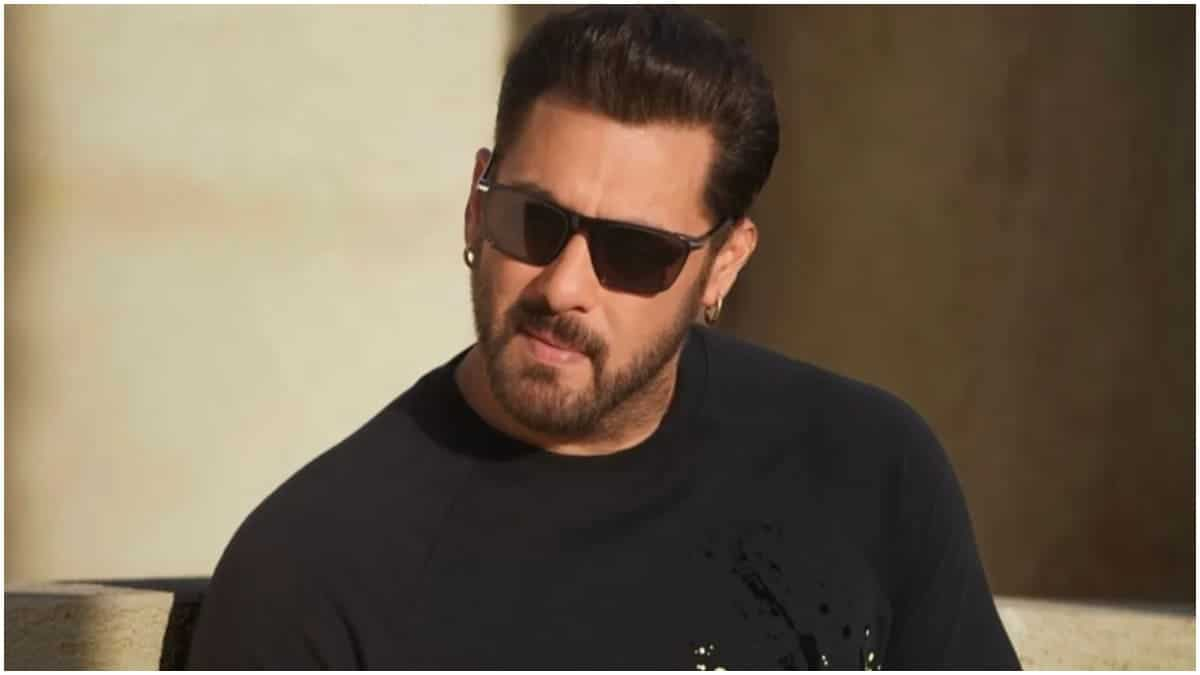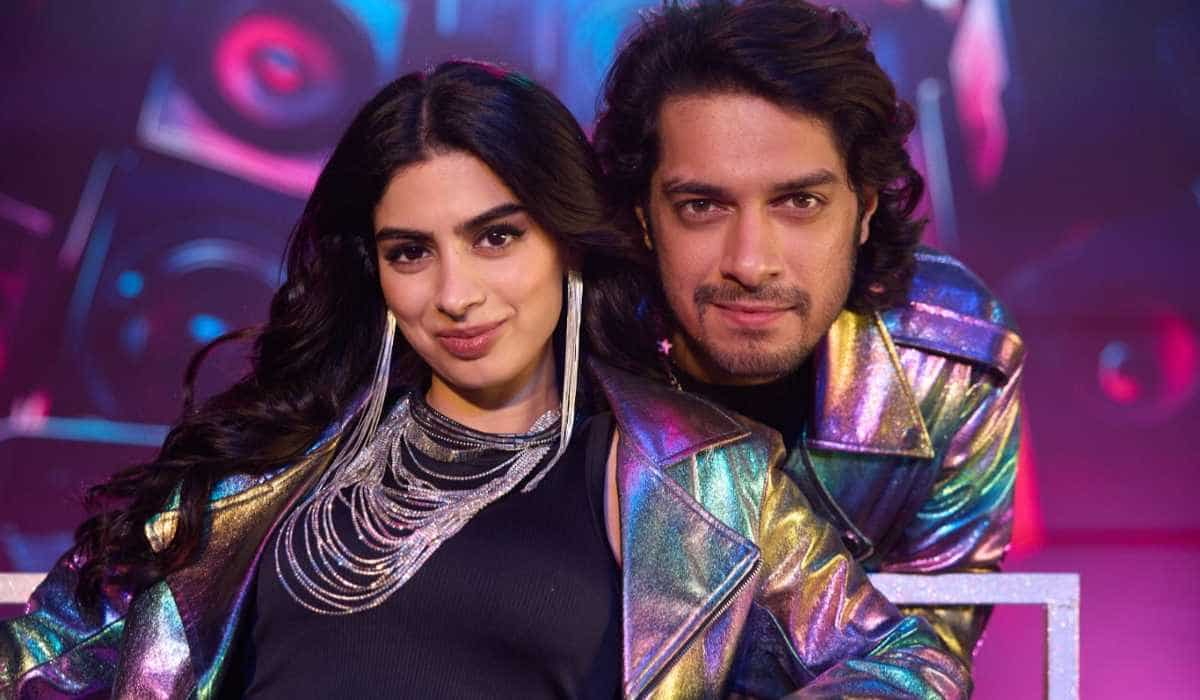
Loveyapa Review: Khan & Kapoor's Rom-Com Explores Modern Love with Mixed Results
1 month ago | 5 Views
Loveyapa Story:
Gaurav and Baani, portrayed by Junaid Khan and Khushi Kapoor, are a devoted couple whose harmonious relationship is disrupted when they are compelled to swap phones for a day. This unexpected situation leads to a breakdown of trust, the revelation of hidden truths, and a profound reevaluation of their bond. Will the unveiling of these secrets ultimately jeopardize their love?
Loveyapa Review:
In a particular scene, Junaid Khan's character Gaurav, affectionately known as Gucci, asserts that his relationship with Khushi Kapoor's Baani is as clear as a mirror. He humorously adds, "Glass, wala mirror." While the effort to convey the idea of transparency is commendable, the misunderstanding of his true intent aptly encapsulates the essence of Loveyapa.
I anticipated that the official Hindi adaptation of the Tamil hit, Love Today, would present a more sanitized version of the original. Tamil cinema is often characterized by its raw depiction of intense realities, which may not appeal to all audiences. However, after watching Loveyapa, I was taken aback to find that the film closely mirrors every scene from its predecessor, leaving little to the imagination. Set in Delhi, one might expect this approach. There is nothing against the locale, but Gucci's recurring line, "Ladke hote hi aise hai (Boys are just like that)," encapsulates the essence of the narrative.
The film introduces a couple who appear affectionate and non-confrontational on the surface, yet when disagreements arise, they are quite evident, with real-life puppy face emojis adding a humorous touch. When Baani's father, portrayed by the remarkable Ashutosh Rana, overhears their exchanges, he takes it upon himself to demonstrate that once a couple is committed, those puppy faces can swiftly transform into fierce lions.
This sets the stage for his plan, which involves Gucci and Baani swapping their phones for a full day, ensuring they remain unlocked for complete access. The film is peppered with comedic elements, shifting its emphasis from romance to humour. Nevertheless, it illustrates that despite their discoveries about one another, the couple never contemplates separation, opting instead for confrontation.
In parallel, there is a developing love story involving Anupam (Kiku Sharda) and Gucci's sister Kiran (Tanvika Parlikar). Their arranged match rapidly evolves into a wedding, surprising everyone with the prospect of such a union. However, the rationale and eventual reality lend a layer of depth to the narrative.
The film endeavors to create a narrative symmetry, beginning with Baani's father stating early on, "Learn to repair, not replace... What is broken should be mended, not changed." In contrast, as the story approaches its climax, Gucci's mother remarks, "Son, cell phones are replaced every two years, but relationships are not."
A compelling love story from any generation necessitates a certain chemistry to engage the audience. However, amidst the turmoil where the couple appears to be at odds, the essence of love seems to diminish—not in emotional depth, but in the palpable chemistry that would convincingly portray them as a couple. The film struggles to elevate the performances of its lead actors, who are central to the narrative, resulting in a presentation that feels more like recitation of the script than genuine acting.
Both actors are newcomers, each with only one film to their credit—Junaid debuted in Netflix's Maharaj, while Khushi appeared in The Archies on the same platform. Junaid embodies a quintessential Delhi youth, displaying a vibrant personality when agitated, yet revealing a softer side when the situation calls for it. He adeptly portrays a self-centred young man who, despite his claims of support, can become volatile when provoked.
Conversely, Khushi appears to struggle with her facial expressions, and her efforts are evident. At times, she is required to deliver impactful monologues while simultaneously expressing a variety of emotions. Unfortunately, despite her apparent attempts, the results fall short. In one scene, when she visits Gucci's home to impress his mother, the conclusion of the scene calls for a smirk to indicate her success. However, this expression fails to materialize, leaving the audience to infer her intent.
Ashutosh Rana is the sole character who fully consumes the cake, embodying the role with his proficiency in shudh Hindi, suggesting that the character was crafted specifically for him. The actor, known for his expressive eyes and menacing smile, is also a devoted father to two daughters and has a background as a barrister. His manner of speaking and movement on screen captivates the audience, making them oblivious to the presence of others.
The film incorporates a signature moment from Love Today, where the couple refrains from sharing a kiss, with Baani placing her hand between them during the attempt. However, this particular moment raises some concerns, as it feels inconsistent with the character development established within the Delhi context. The film had the potential to delve deeper into this theme, especially since the couple consistently exhibits openness and honesty with one another.
Advait Chandan, returning to the director's chair after Laal Singh Chaddha, takes on yet another adaptation, this time of a relatively recent film. Approximately three years ago, Love Today surprised audiences with its unique narrative. However, despite not producing a sanitized version and incorporating elements such as catfishing and deepfake, akin to the original, there is a noticeable absence of empathy for the main characters. The film leans heavily into a Gen-Z perspective, prioritizing a pragmatic approach over emotional depth, which becomes essential when the narrative veers into didactic territory.
One of the most compelling elements of the 2022 film was its nuanced portrayal of the male protagonist. The story begins with him planting a mango tree in his childhood, only to become frustrated when the seedling does not immediately flourish. His mother imparts the lesson that patience is vital for nurturing love and mitigating anger, a lesson he applies to his relationship with the tree. The fully grown mango tree appears at a pivotal moment, reinforcing the notion that love—whether from the past, present, or future—requires trust, affection, and, most importantly, patience to thrive.
This metaphor significantly enhanced my appreciation for Love Today amidst the complexities and technological challenges that complicate relationships in contemporary society. In Loveyapa, it seems that Gucci may have attempted a similar metaphorical planting, yet the adverse air quality in Delhi and urban development appear to have hindered its growth, resulting in a lack of support for the character during critical moments.
Loveyapa does have its fun moments where you break into laughter every now and then. There are also moments that go into borderline cringe mode but get saved knowing the dialect it inculcates and the region it's set in. Well, I can't keep on repeating it every now and then, as the film constantly reminds me that it's set in the capital.
But its softer exterior hides the meaner world we are setting in with moments that are solved instantly and move on, just like how relationships are nowadays.
Loveyapa Verdict:
Although the film closely follows the narrative of Love Today, it falls short of delivering the genuine emotion and depth found in the original, resulting in an engaging experience that is ultimately forgettable.
Get the latest Bollywood entertainment news, trending celebrity news, latest celebrity news, new movie reviews, latest entertainment news, latest Bollywood news, and Bollywood celebrity fashion & style updates!



